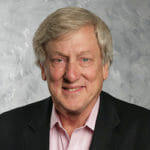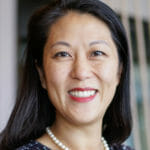The thoughts of most Americans are rightly fixed during these precarious days on the most vulnerable members of our society, but the workforce caring for them requires just as much attention.
The men and women who provide care in skilled nursing and assisted living facilities for frail elders, many with compromised immune systems, enjoy unusually high job satisfaction. Most consider their profession “more than just a job.” However, as a country, we must understand the vital role they serve — and give them the support they require.
Everyone from frontline nursing assistants to those who provide dining and maintenance services urgently need overwhelming governmental, employer and public support to help them protect the most vulnerable patient population in this pandemic.
Let’s look at a typical nursing assistant or care aide for our elders. More than 90% of them are women. About one in three has a child who is usually in school. Nearly all are paid hourly. So the effect of a global public health crisis that has closed schools and jeopardizes their own health will likely be devastating to these truly dedicated people.
Data on job satisfaction and workforce attitudes underscores their commitment. Nine in 10 frontline caregivers say their job is more than “just a job.” An overwhelming majority say they feel like they make a difference. Quite simply, they love what they do.
Right now, these loyal workers need extra protection during the outbreak of coronavirus infections. While we agree with news reports that physicians and nurses urgently require more supplies and testing, as the New York Times underscored last week in “The Workers Who Face the Greatest Coronavirus Risk,” personal care aides have much higher levels of physical proximity to COVID-19 infection risks. Our frontline fighters are a critical part of the healthcare continuum, and we must prioritize keeping them safe in this epidemic.
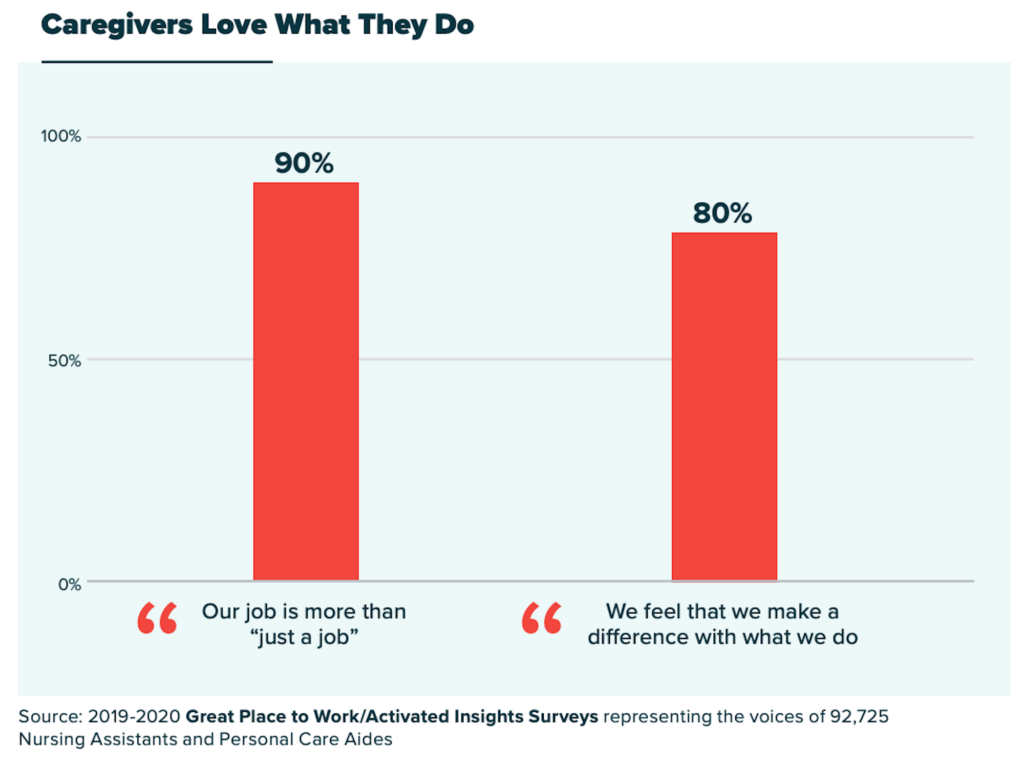
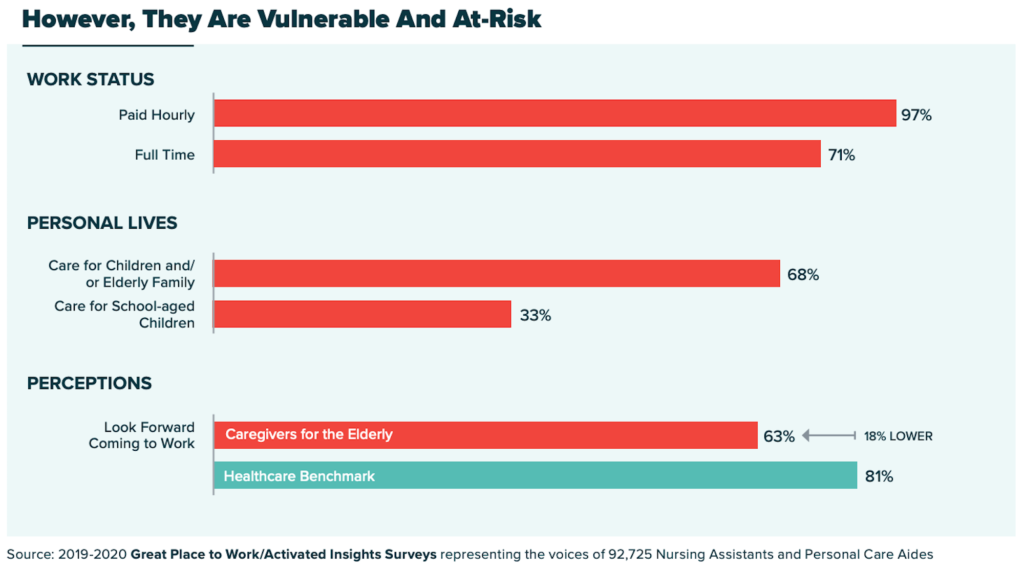
This is the time for the government and private leaders to step up. They must be creative and aggressive in immediately taking action to support those on the frontlines. There are many ways they can help.
About two-thirds of paid caregivers return home to care for children or an elderly family member. Employers need access to better solutions that enable these essential workers to go to work — where their skills are badly needed — without having to be worried about care for their children or family members.
With that in mind, some employers have stepped up, offering day care cooperatives or a per diem babysitting stipends to provide much-needed backup support. In addition, some employers have provided bagged lunches to caregivers to ensure their kids stay well fed.
As the first line of defense in this pandemic, frontline workers need to know that we as a society “have their backs” and will support them in their difficult task.
Many industry leaders and policymakers are discussing how to ensure that caregivers are given the same priority as other healthcare workers for any payroll tax, income tax or other form of immediate financial assistance. It’s essential to help them, as they help all of us.
“We care about our residents because every one of them is unique,” one paid caregiver told us recently. This is very true, but so is every caregiver. They are the nation’s first line of defense for those most at risk in this epidemic.
The frontline caregiving workforce has proven that this is much more than “just a job” to them. As these workers face unprecedented challenges in the days, weeks and months ahead, we must, as a society, value them for the heroes they really are.

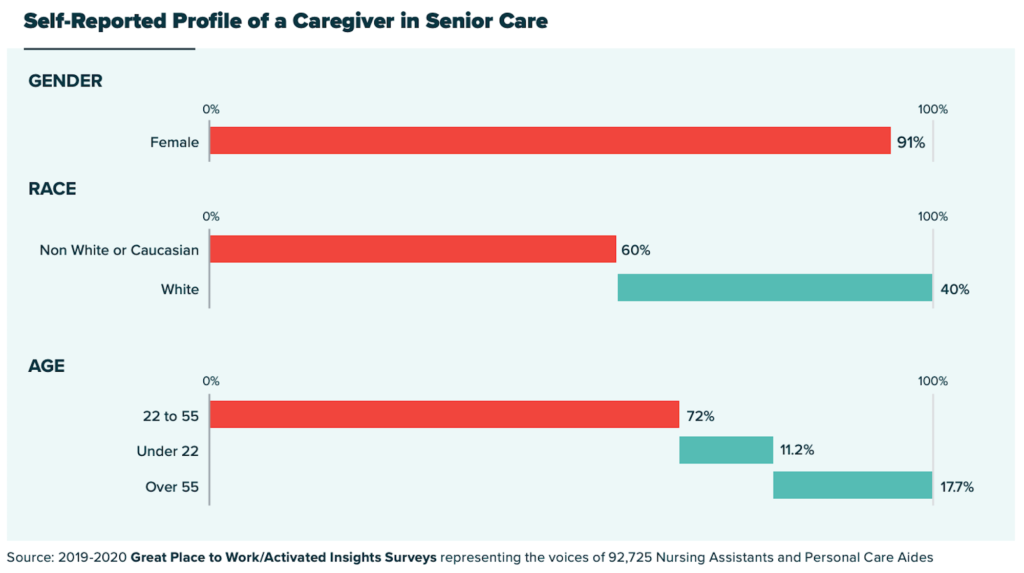
Robert Kramer is founder and strategic advisor to the National Investment Center for Seniors Housing & Care (NIC). He is a frequent writer and speaker on trends in seniors housing, post-acute and long-term care. A former county government official and Maryland state legislator, he was educated at Harvard and Oxford Universities and also holds a Master of Divinity from Westminster Theological Seminary.
Jacquelyn Kung, DrPh, is the CEO of Activated Insights, the senior care group of Great Place to Work Institute. Previously, she managed a senior care health system outside D.C. and was the U.S. long-term care expert at McKinsey & Company. She received her doctorate in public health from Johns Hopkins and MBA and BA from Harvard.
